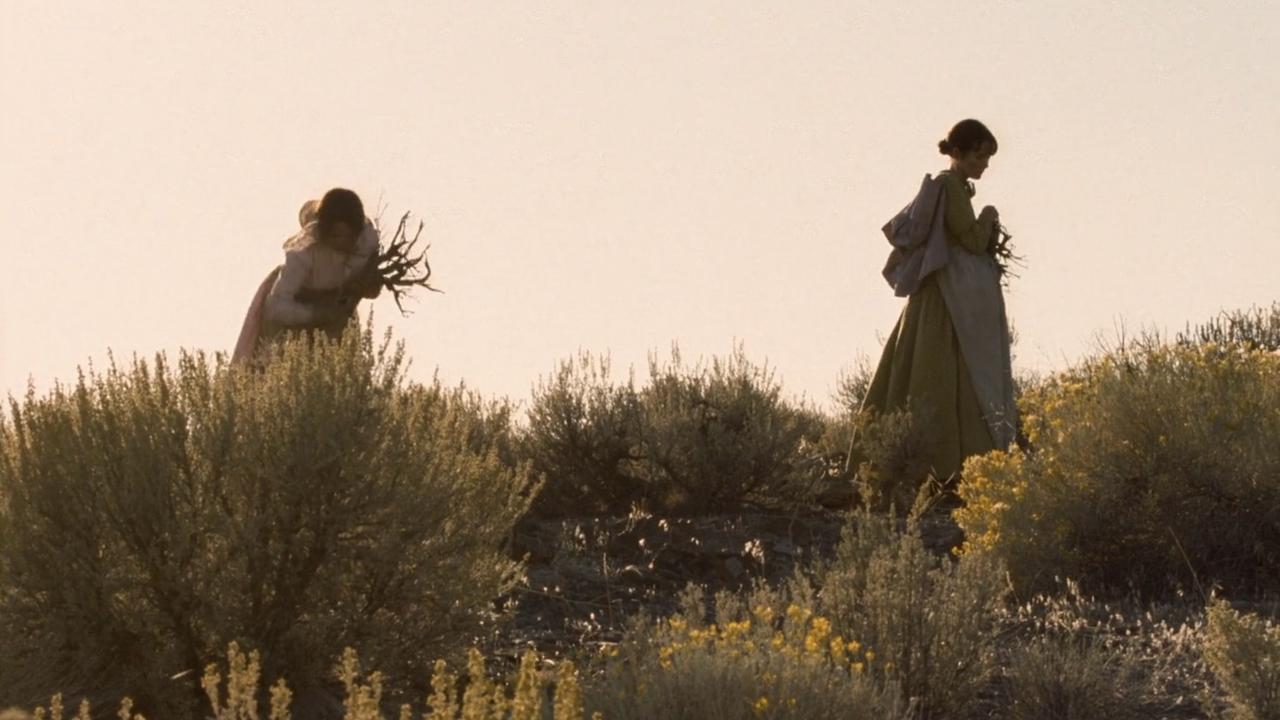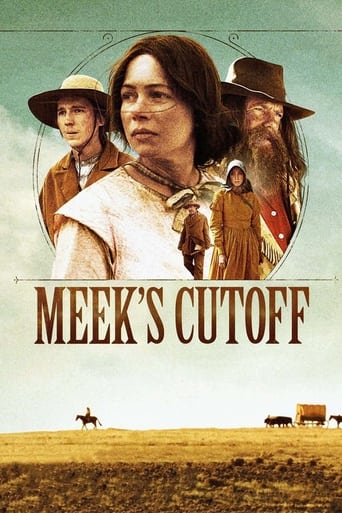

Now I know what Meek Cuts off. It is your consciousness. You will soon be asleep.
... View MoreIt's not the traditional western with the usual villains and good cowboys, with the shooting, the saloons etc. But it's a story about the first settlers on their way to Oregon. It's nice to see the rough life they had like 150 years ago. It was for sure not a trip for the weak with the constant struggle and searching for water. The movie is nicely shot and along with the good actors it makes the movie enjoyable and realistic. If you are looking for a western with the traditional shootings then this one is not for you. There is not a lot of meaningful conversations but it all adds up to the story. I only gave it a six just because of the ending that I didn't like that much. For the rest I enjoyed the movie.
... View MoreI said it all in my summary. Unfortunately, I have to write ten lines of text to have a bona fide review. That's more lines than the characters had in the movie. I'm sure walking to Oregon was really boring. At least the director brought that out in the movie. You have to give him credit for doing it in a creative way. I'd rather walk to Oregon than watch this movie again. While I was a bit annoyed that it just ended without any resolution, in retrospect, I'm just glad it ended. If only that Indian had put the settlers out of their misery at the end. At least then it would have had an interesting ending. I mean, an ending.
... View MoreIt seems to me to be a story about a woman in the nineteenth century coming into a position of authority. At the beginning of the movie the women stand apart while the men make the decisions out of earshot. In the final scene the Michelle William's character realizes that the responsibility in a life and death decision has become hers and she cannot be sure she is right until she has committed the lives of the entire party. The situation has evolved at a pace much as it would in real life. I found it fascinating and the movie is beautiful. The pace is hard to take and so is the sound but they both make sense in terms of what the movie is doing.
... View More